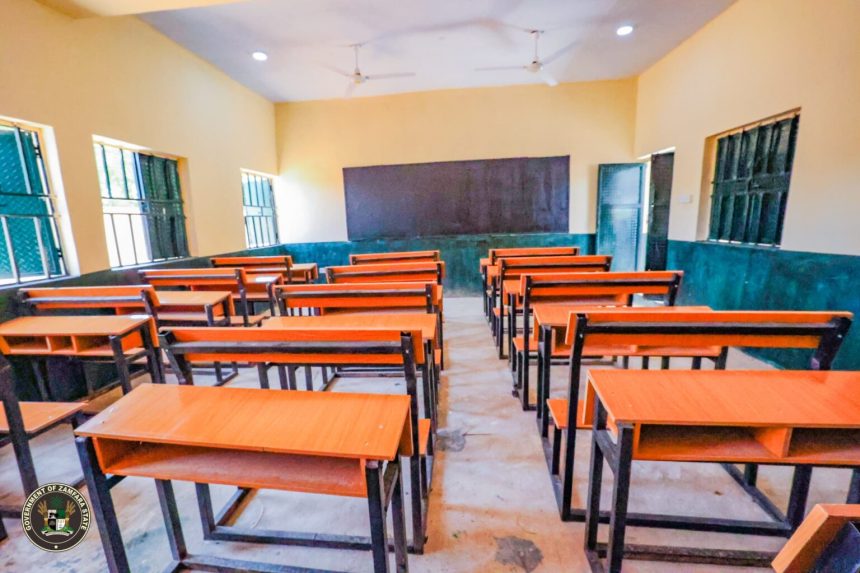The Federal Government has scrapped the Junior Secondary School (JSS) and Senior Secondary School (SSS) levels in Nigeria, replacing the current 6-3-3-4 education system with a new 12-4 model.
Under this system, Nigerian children will undergo a compulsory 12-year uninterrupted basic education before proceeding to higher education.
Additionally, the government has proposed setting 16 years as the minimum entry age for tertiary institutions, pending approval from the National Council on Education (NCE).
The Minister of Education, Dr. Tunji Alausa, announced the policy change on Thursday during an extraordinary NCE meeting in Abuja. The meeting, attended by commissioners for education from all 36 states and the Federal Capital Territory, along with key stakeholders in the education sector, focused on aligning Nigeria’s education system with global standards.
Benefits of the 12-Year Basic Education System
Dr. Alausa stated that integrating secondary education into basic education would ensure uninterrupted learning until students reach age 16. He emphasized that this approach would reduce dropout rates by removing financial and systemic barriers that hinder students from completing their education.

“Extending basic education to 12 years will provide a standardized curriculum nationwide, ensuring early exposure to vocational and entrepreneurial skills. This will better prepare students for higher education and employment,” he said.
The minister noted that many developed nations operate similar education models, enabling students to acquire strong foundational knowledge before specializing in tertiary institutions.
Economic and Social Impact
The government believes that the new education framework will positively impact national development by reducing child labor, curbing school dropouts, and equipping students with relevant skills for the workforce.

“When students receive an extended period of compulsory education, they are better prepared to contribute meaningfully to the economy and society,” Dr. Alausa added.
Implementation Strategy
To ensure a smooth transition to the new education model, the government has outlined key strategies, including:
- Policy Reforms to support the new education structure
- Infrastructure Expansion to accommodate extended basic education
- Teacher Training and Recruitment to enhance learning quality
- Increased Funding and Partnerships to sustain the reform
- Curriculum Enhancement to integrate vocational and entrepreneurial skills
The proposed changes, once fully adopted, are expected to position Nigeria’s education system for improved global competitiveness and better learning outcomes.



